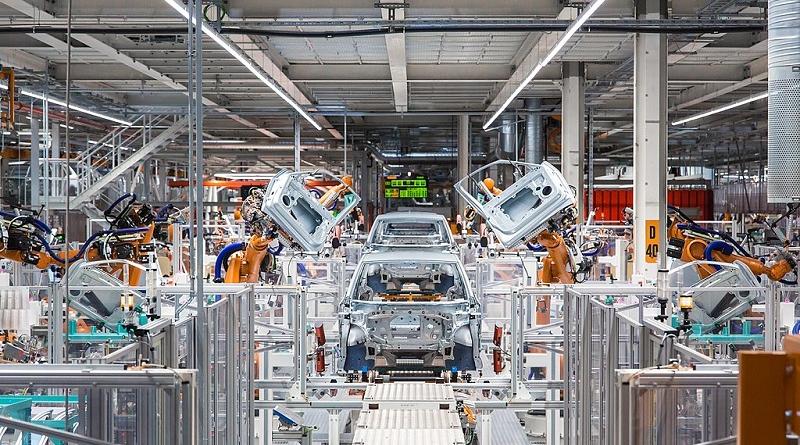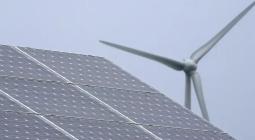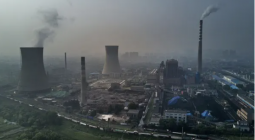IMF warns against ‘protectionism’ in rich world’s green subsidies

The US will subsidise North American-made electric vehicles, sparking responses from other rich countries – but there are concerns on the effects on the developing world.
As rich countries compete to get electric vehicles made in their countries, the head of the International Monetary Fund (IMF) warned that a “slide into protectionism” will make it harder poorer countries to access green technology and reduce emissions.
Ahead of last weekend’s G20 finance ministers summit in India, IMF boss Kristalina Georgieva wrote in a blog that there are “signs of progress, as major economies realign their fiscal frameworks to accelerate the green transition.”
“But policies should stay focused on that transition—rather than providing a competitive advantage to domestic firms,” Georgieva noted.
She continued to write that policies should “be carefully designed to avoid wasteful spending or trade tensions, and to make sure that technology is shared with the developing world”.
In the Indian city of Bengalaru, finance ministers from 20 of the world’s biggest economies agreed to “fight protectionism” – a commitment they make at the summit almost every year.
Subsidy race
The US’s recent Inflation Reduction Act gives a subsidy of of $7,500 to anyone buying an electric vehicle in the US. But that vehicle must have been assembled in North America.
This condition has angered other car-making countries who see it as an unfair attempt to get car companies to relocate to the US.
The European Union, the United Kingdom, Japan and South Korea have all complained to the US government.
In response, the European Union is considering loosening its rules to allow governments to provide more subsidies for electric vehicle manufacturers.
Can’t compete
But, like Georgieva, campaigners and analysts from developing countries raised concerns over these measures.
Fabby Tumiwa, head of the Indonesian think-tank Institute for Essential Services Reform, told Climate Home that developing countries need to access green technology and investment to compensate for the declinine of polluting industries like coal mining.
But, he said, they “have very limited capacity” to compete with rich countries’ incentives and subsidies.
Tumiwa said emerging economies can only retaliate by imposing policies to limit exports of raw materials and process them domestically.
“What rich countries must do is to provide access for emerging economies to acces the technology and it will be better if they can participate in the global supply chain for green technology”, he said.
Double standards
Avantika Goswami, from the Delhi-based Centre for Science and Environment, said that in general green subsidies can spur research and development and deployment of green technologies.
But, she said, the risk is that global inequalities are deepened if companies move their manufacturing back to rich countries. That could hurt developing countries’ economies through decreased export revenues or foreign investment, she said.
She said that developing countries should be able to provide incentives for domestic industry without being accused of protectionism.
“The developed world already bends the rules of free trade to suit its national interests”, she said.
Border tax
Faten Aggad, climate diplomacy adviser for the African Climate Foundation, said that some of the measures “introduced in the name of climate are essentially protectionist”.
She cited the European Union’s carbon border tax which aims to tax the emissions of imported carbon-intensive products like steel, aluminium and fertiliser.
The EU claims it will stop European industry moving to places with less environmental regulations but major economies like China, India and South Africa say it will unfairly penalise their economies.
The Africa Climate Foundation will soon release a report which suggests Africa will lose $16 billion a year because of the tax, she said.
Trade disputes
She added that developing countries depend on access to green technology from Europe, the USA and China and that trade conflicts between these blocks “will only complicate this”.
She said it would be “counter-productive” if these conflicts push countries into having to chose a technology provider “based on ideological alignment rather than cost-effectivness”.
But Beijing-Based Greenpeace campaigner Li Shuo said that competition between major countries on green subsidies and border taxes “is not necesarily a bad thing” as long as the policies are focussed on the green transition.
“In other words, it’s climate change that countries should be fighting, not each other,” he said.
photo credit: Volkswagen´s first new generation electric car being built with Siemens automation technology (Photo credit: Julia Roesler)






